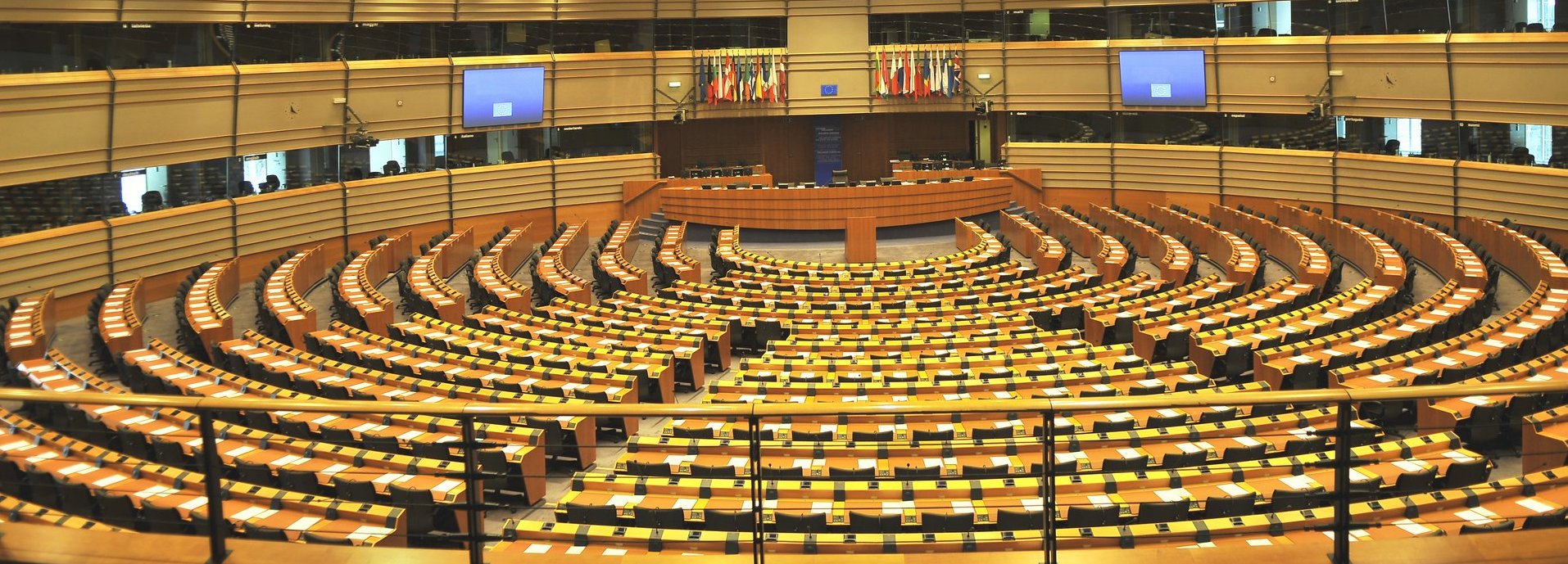
The German Renewable Energy Federation (BEE) welcomes the COM proposal to reduce GHG emissions by at least 55 percent by 2030.
21. September 2020
The German Renewable Energy Federation (BEE) welcomes the COM proposal to reduce GHG emissions by at least 55 percent by 2030. In order to be able to achieve an ambitious greenhouse gas reduction target of at least 55 percent by 2030 compared to 1990, an equally ambitious increase in the targets for the share of renewable energies in gross final energy consumption and energy efficiency are necessary. When revising the Directive (EU) 2018/2002 the Commission should consider that there are numerous calls for at least 60 up to 65% greenhouse gas emission reductions, including from the EP’s ENVI (asking for an at least 60% reduction target). Therefore, for Europe’s 2030 climate ambition we agree, that the existing target for energy efficiency of 32.5 % by 2030 needs to be increased. Given the analysis laid out in the impact assessment the increase should be in the order of magnitude of at least 40% instead.
The overall strategy to reduce energy consumption and reach climate neutrality should focus on expanding the use of renewable energies as primary energy source, because the reduction of carbon emissions by the use of renewable energies such wind and solar or biomass is increasingly cheap. When revising EED the role of innovative technologies like heatpumps or solarthermal applications should certainly be strengthened. To tap the full cost-effective potential of these efficient technologies renewable energies, need to be promoted.
In order to support the use of these efficient energies and technologies, a mix of measures is needed. This consists of corresponding price signals (high minimum price for CO2), regulatory frameworks and attractive funding. To reduce the final energy consumption a dynamic expansion of renewable energies, especially in the building sector is required.
Furthermore, the revision should implement binding targets and milestones for the share of energy efficiency in all sectors to underpin the reduction of GHG-emissions. Such goals and milestones must be set both for the European level and for each Member States in order to achieve the commissions goal to reduce GHG emissions by at least 55 percent by 2030. But the revision must also respect the subsidiarity principle as well as the Member States’ right to choose their own energy mix. It must strike the balance between mandatory target achievement and flexibility for member states in choosing their preferred mix of renewable energy, energy efficiency and energy savings.
The increase of energy efficiency through renewable energies must also be tapped more intensively in the other sectors. The transport sector in particular has enormous potential in that regard. The expansion of renewable energies in these sectors would also contribute to increased sector coupling and thus to an increase of energy efficiency and the resilience of the energy system.
The European Union’s commitment to meeting the Paris climate targets and achieving climate neutrality by 2050 will have to lead to major policy…
BEE Position on State aid for environmental protection and energy – proposals for the revised guidelines
The German Renewable Energy Federation (BEE) welcomes the European Commission’s proposal for a European industrial strategy to rebalance the economy…
A complete decarbonization of the European continent is an inevitable necessity against the background of the Paris Agreement. It provides an…
The climate law must establish a strong definition of climate neutrality. This definition needs to build on scientific evidence, which underlines the…
„Auf Europäischer Ebene ist ein Erneuerbare-Energien-Ziel von mindestens 35 Prozent unverzichtbar, um die Zusagen der EU im Rahmen des Pariser…